TRANSCRIPT
Matt Voiceover
Welcome back to Sound-Up Governance. This is the third episode in a short series of highlights from a webinar that I co-hosted last year with my great friend Michael Hartmann. He's the Principal of the Directors College at McMaster University. He invited his friends, Karel Vredenburg, who was Global VP of UX Research at IBM, and Tara Safaie, who's the Executive director of Health and Organizational innovation at the design firm IDEO. The four of us talked through a bunch of interesting questions around the intersection of corporate governance and human-centered design. In today's episode, we look at the general reluctance of boards to do anything that deviates too far from what they're used to. And, to many, design informed approaches will feel pretty foreign. Let's get the conversation started with Michael.
Michael Hartmann
So what, what can the board do to help create the conditions for, you know, for experimentation? So as opposed to that. That's a question that seems to be a very rare one because it's the opposite we quite often think about. But have you seen examples where that. Air cover has been, has been created or ways that could be created?
Matt F
Well, may I make a comment before we, before we get the, the answer? Because I want to illustrate some of what's working against us in this, in answering this question, Michael, because it's like the example, the famous one of the firefighters who all died because they wouldn't let go of their tools. Right? Their training is so in ingrained that even in a critical moment they can't let go of it. And every single bit of conditioning that that gets applied to boards causes them to be catastrophe avoiding machines rather than experimenting machines. And so we've got a lot right, I think about and I haven't been through the Directors College course, but I've been through a lot. I've been in a lot of classrooms for directors and I've literally never seen a case study that was about "let us model some great behavior." It's always "let's look at some awful catastrophe and try to learn how not to do that."
Tara Safaie
And can I add one thing there?
Matt F
Yes, please.
Tara Safaie
Like even I might say that many people find themselves on boards because they were very successful in management careers doing exactly that in a management position and were conditioned in those situations to manage their board to not induce catastrophe and perpetuate that. Sorry, keep going.
Matt F
Right. No, no, no. So you really, you interrupted at the right moment because the point I think is made, which is the Michael, your question is a really important one and there's a Reason why these examples are scarce. Right? There's literally no, there's no modeling out in the real world of boards that says you know what, you really ought to be doing this. So I'm curious about the answer. I have no answer. I just have more flavor.
Tara Safaie
Sprinkle more flavor on. Yeah, I might, I might offer one example and it's not a traditional board. But Karel, I'm curious about your answers here too. One is that I think family owned and run organizations do sometimes do this well. Sometimes they have professionalized in ways that kind of shove them into the track that you were just talking about, Matt, where they are like we're real, you know, we're real and professional company. We're going to do it like real professional companies do. And they, and that can work, but it also can fall can put them into the traps that you just talked about. But I think the particular mindset difference that I see in family run and owned organizations is that they inherently have a long term view. They are thinking about not how do I even maximize the value of this organization but and for shareholders and whomever. But they're often asking things like am I creating a company that my grandchildren will be proud to inherit? And it they are working towards things like pride and you know, and that type of deep purpose rather than working on kind of the minutiae of the way that an organization runs and then coupled with that. Actually one of our clients at an organization called Orbia is another conglomerate in Mexico. He said something while he was at the helm of this conglomerate. He said I have to make strategic decisions about this company and then I have to see everyone at Christmas. That is very personal. That I think does put that class of organizations kind of separate from the rest and sets them in a slightly different set of conditions that can cultivate that type of, of riskiness. But it can also have, have its, you know, downfalls. We often see that the odd number generations in family run organizations are the most risk taking and the even number ones are more conservative. First one was like the big entrepreneur. The second one doesn't want to lose the farm. The third one's like eh, screw it, the farm's been around for a bit. We can, we can take a big swing or context has changed and so on. And so that I think is a unique example that some folks here might find some inspiration from.
Matt Voiceover
It didn't occur to me in the moment but listening back to Tara's comments here, I realized that this generational shift in risk appetite might Be kind of analogous to system level or macro shifts in risk appetite socially. I mean, that'll unavoidably show up in boardrooms. One example might be generational differences across populations in general, as in, I don't know, what if Gen Z generally wants to take wilder risks than millennials? Or what if changes in political climate or the actual climate cause over shifts in risk tolerance? These may not be conditions that we have much control over, but they are certainly worth examining and acknowledging. We don't want to miss great opportunities just because of our age, right? Karel had some interesting ideas too.
Karel Vredenberg
Yeah, I think I, I would just reinforce two things. One is the selection of the chair of a board and if you choose just a really traditional, this is how we're going to run things. And you know, like you said, using the example Matt of the firefighter, these are the tools we're going to use and this is all we're ever going to use. And it doesn't matter what happens, this is what we're going to do versus a leader that can work really collaboratively with the management leader, CEO or ED, where they can really partner and say, you know what, we're going to give it some more thought in the board. You can still keep doing the, the, the, the month to month, but we want to take this different perspective and again bringing it back to design thinking. I think design thinking is that tool set and when I teach this stuff I have lots of follow ups and I'm sure several of you out there have had follow up conversations about how do I actually do this on the board, you know, doing a one day session that I lead, do you have the skills to be able to, to do this? And some people do, it's very natural for them to, to sink into this. And if they are also, if they have the kind of relationship with their board members that they can do the introduction of these kind of methods, that's cool. But some people need a professional to come in and do it and Tara's kind of organization probably would provide that and my old organization at IBM would do that as well. Where you're setting the stage for thinking differently like this and once somebody experiences it, it's the equivalent of your firefighter saying oh my God, there's other tools that I never thought I could use. And especially if you, if you write in a fire, but it's going to be a different type of fire that you've ever dealt with before, which is like what a lot of boards need to deal with. And AI is a good example of that, you need to have a different way of using different tools. And so the tools that I think we should be using are the design thinking ones to bring it back to that again.
Matt Voiceover
Interesting, right? I suspect if you've spent any time in a boardroom, you've also spent a lot of time agonizing, or at least listening to others agonize about how to get all the normal work done in all the normal ways. The checklist is long, time is scarce, and the consequences are significant. It takes a meaningful mindset shift to seriously consider veering outside the range of normal behaviors, no matter how painful those normal behaviors might be. Is design thinking the solution for boards? Maybe. It certainly fits well with my vibe, but it might not work for yours. And that'll be the focus of the next and final episode in this little series in which we'll talk about the people part of this whole design and governance thing. Thanks, as always, for listening. If you want to learn more about today's music, check out the music notes at the end of the post at groundupgovernance.com Catch you next time.
MUSIC NOTES
So there’s a weird preset on the Teenage Engineering OP-1 Field that does a little drippy synth arpeggio every time you press a key. I’ve always liked when synths have these presets because the harmony of the arpeggio is relative to the note you press rather than being set to a particular key signature. If that makes no sense to you, another way to put it is that it forces you to use kinda gnarly harmony, which is fun.
Once again, this was all recorded and mixed using the TX6 and TP7, so there’s some slightly wonky edits and solos/mutes…which I also think is kind of fun.
I was paying way more attention to making something cool out of the feel and harmony that I realize in hindsight that I used super cheesy drum sounds (also using the OP-1 Field), but I’ve always had a soft spot for songs like this, for instance, and feel 100% comfortable with cheesy drums. Also, if you haven’t heard what’s happened with T La Rock since 1984, it’s a pretty wild story.
The only non OP-1 Field element here is the ultra noisy and slightly spooky guitar sounds. It’s my Gold Foil Jazzmaster through a bunch of weird effects on the Hologram Chroma Console and Chase Bliss Habit, and then into a really noisy/hissy Marshall stack emulation on the Tonex. I liked that hiss almost as much as the guitar part, so you’ll hear just that sound come in/out a couple of times.

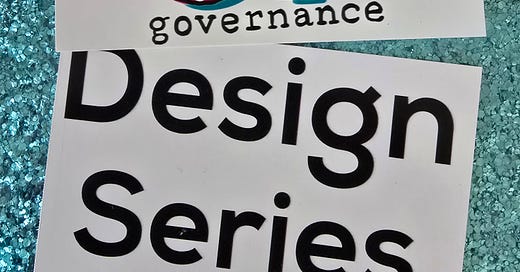


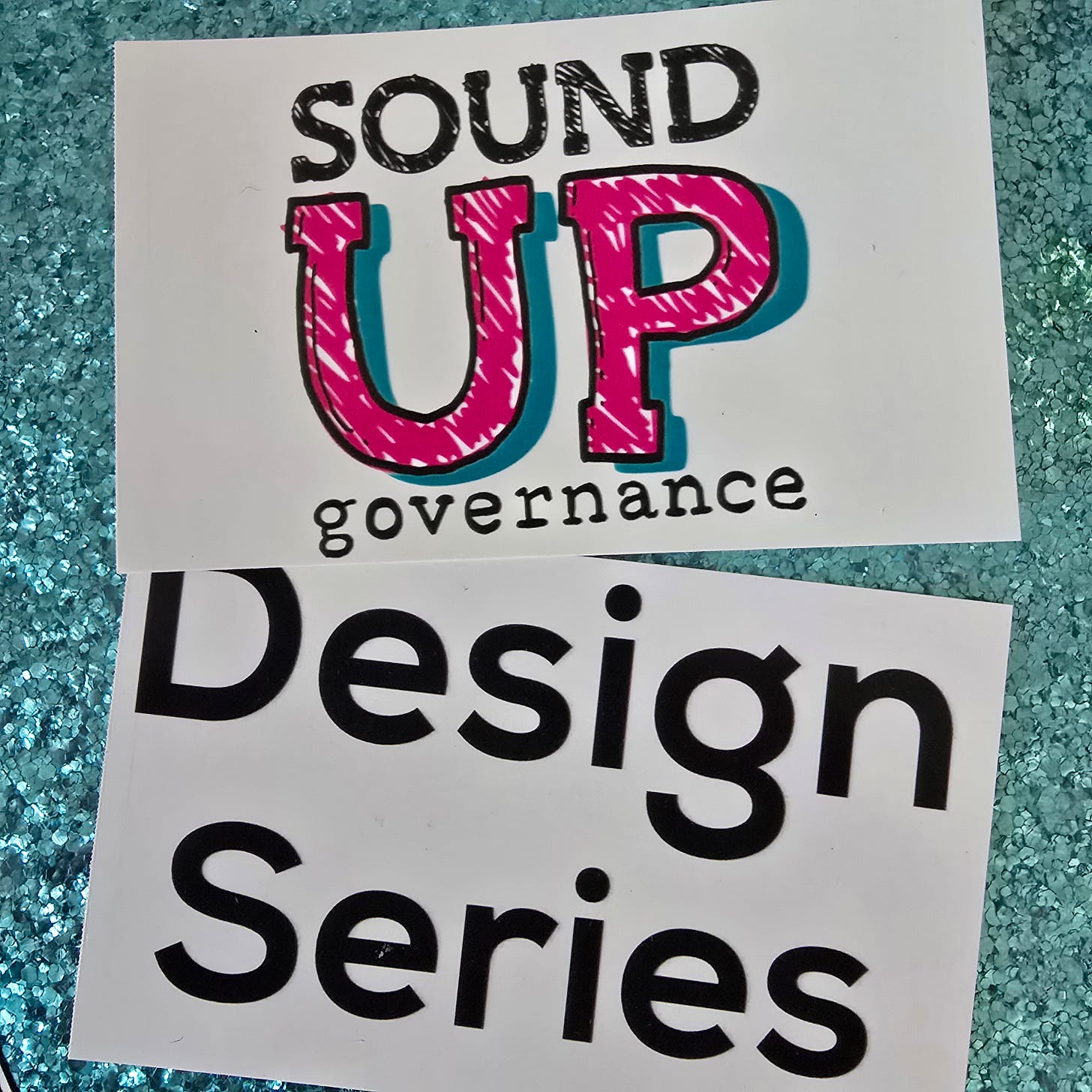

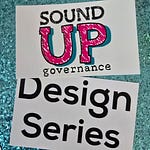

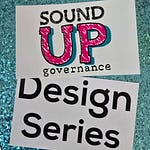


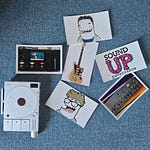

Share this post